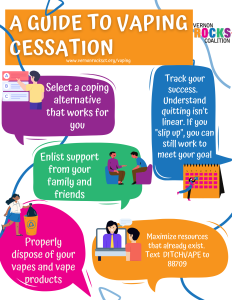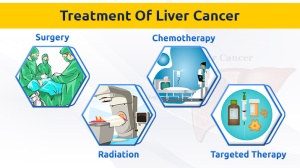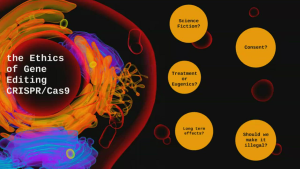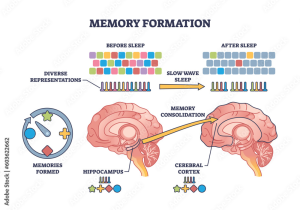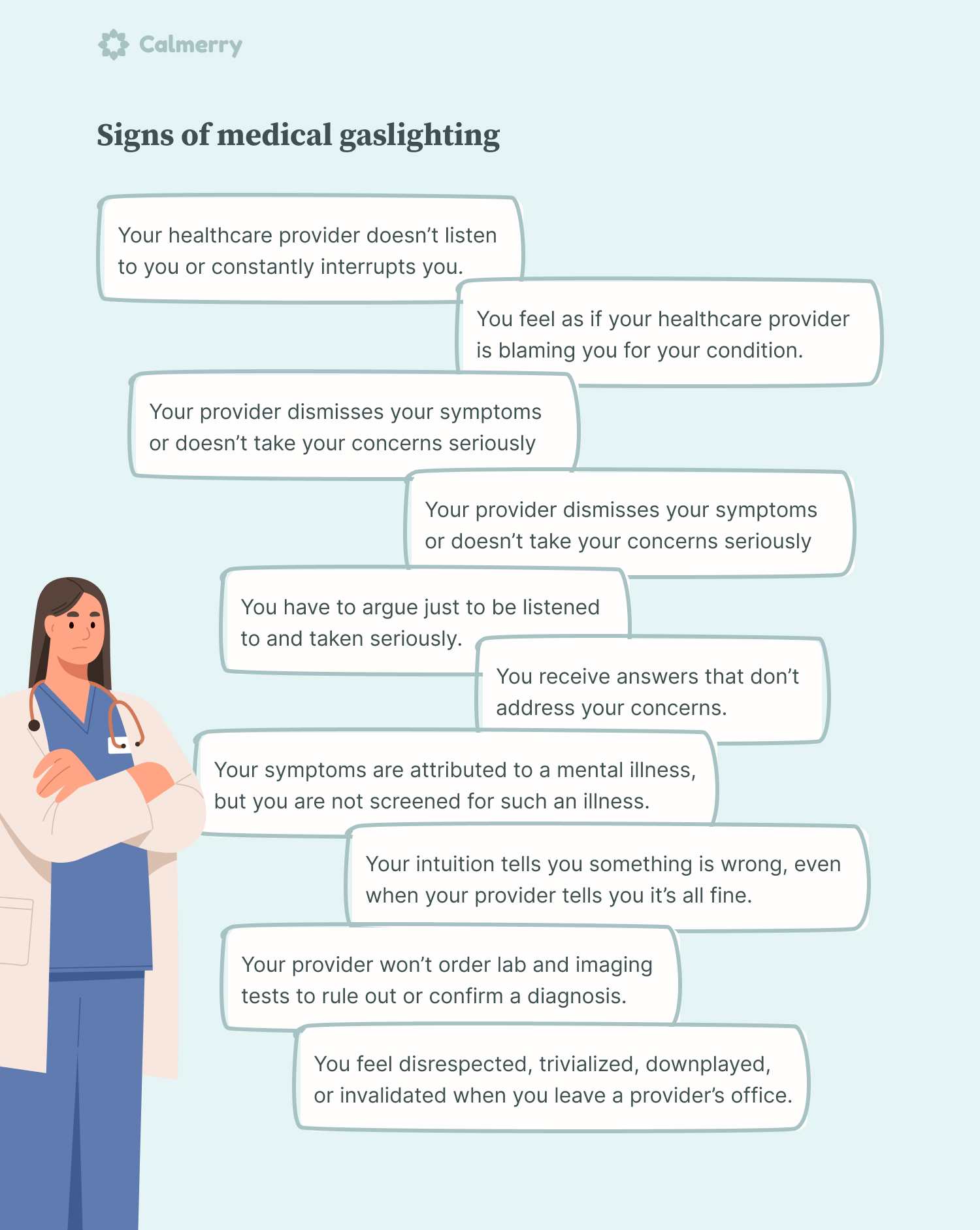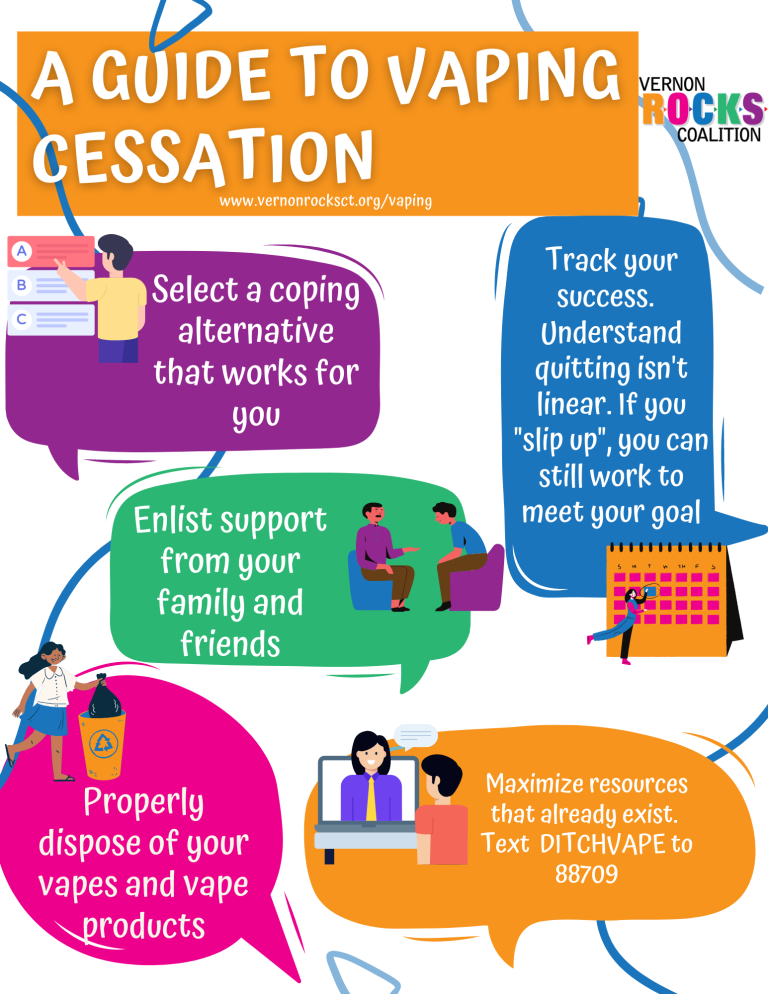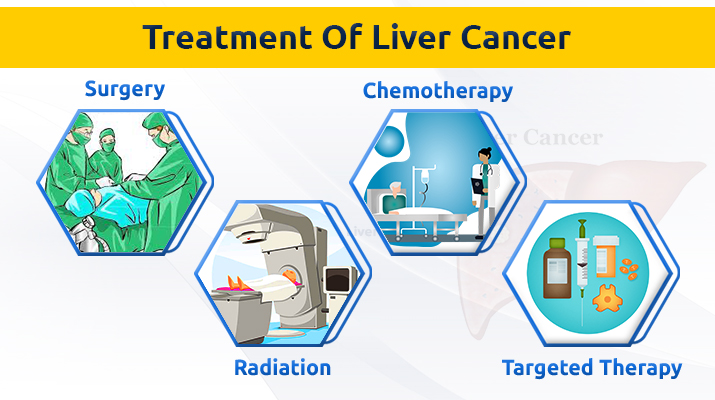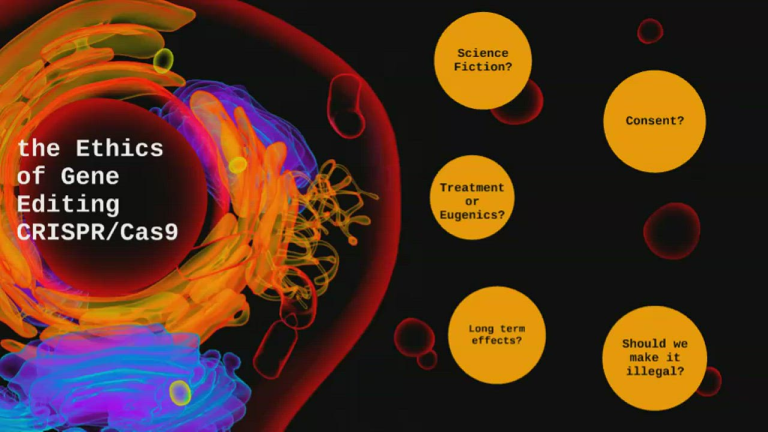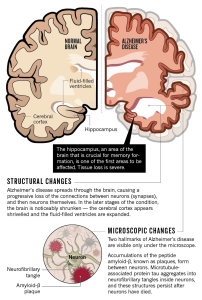Medical gaslighting is a troubling phenomenon in healthcare where patients feel dismissed or invalidated by their doctors, often leading to feelings of confusion and frustration. With the rise of chronic, hard-to-diagnose conditions like long COVID, many individuals find their genuine concerns minimized, compounding the distress of their situation. This form of psychological gaslighting can disrupt the vital doctor-patient relationship, transforming what should be a supportive environment into one filled with doubt and distress. As patients seek answers and validation, the strain on medical professionals often leads to physician burnout, further complicating the dynamics of patient care. To foster a more empathetic approach, it’s crucial for healthcare providers to acknowledge and address the pressures that contribute to this damaging cycle.
Healthcare professionals and patients alike are increasingly recognizing the issue of medical invalidation within clinical settings. This term encapsulates the experiences of individuals who feel their symptoms are not taken seriously by their providers, often resulting in a breakdown of communication and trust. In many cases, the pressures faced by physicians—ranging from high patient workloads to overwhelming administrative tasks—can exacerbate feelings of neglect among patients. As the dialogue surrounding these issues evolves, it’s essential to explore alternative concepts such as ‘physician burnout’ and ‘psychological gaslighting’ to better understand the systemic challenges within patient care. By addressing these underlying factors, the medical community can work toward more compassionate and effective healthcare practices.
Understanding Medical Gaslighting in Today’s Healthcare System
Medical gaslighting is a pressing concern in healthcare today, particularly for individuals with conditions that lack clear diagnostic criteria, such as long COVID or irritable bowel syndrome. Patients often feel invalidated when healthcare providers suggest that their symptoms may be psychological, leaving them questioning their experiences and emotions. This behavior, which some refer to as ‘medical gaslighting,’ can lead to a breakdown in the trust essential for a positive doctor-patient relationship. Understanding this phenomenon is vital as it reflects broader issues of communication and empathy within the healthcare system.
The term ‘medical gaslighting’ often arises in conversations about the physician-patient relationship, where patients may feel dismissed or misunderstood. This feeling can stem not only from the doctor’s comments but also from the medical profession’s overarching culture that sometimes prioritizes productivity over patient care. When physicians are pressured to see more patients in less time, they may inadvertently contribute to this gaslighting dynamic, creating an environment where patients don’t receive the thorough attention they need. The challenge lies in cultivating an environment that fosters open communication without adding undue stress on the providers.
The Role of Medical Invalidation in Patient Care
Medical invalidation is a crucial concept closely related to medical gaslighting, as it encompasses instances where patients’ concerns and symptoms are dismissed by healthcare professionals. This can happen when doctors overlook potential signs of a condition, attributing symptoms to psychological factors without thorough investigation. Such invalidation can lead patients to feel marginalized and contribute to a decline in their mental and emotional well-being, which is especially concerning given the increasing prevalence of chronic conditions that are difficult to diagnose.
Combating medical invalidation requires a shift in the healthcare approach, where the emphasis is placed not only on the accurate diagnosis but also on patient experiences. Educating healthcare providers on the significance of validating patient experiences and actively listening can transform interactions significantly. Creating an atmosphere of trust and understanding can help alleviate feelings of dismissal, improve patient outcomes, and lead to enhanced satisfaction in the doctor-patient relationship. This cultural shift within healthcare is essential for improving the overall quality of patient care.
Addressing Physician Burnout to Reduce Medical Gaslighting
Physician burnout is a pervasive issue in the healthcare sector and plays a significant role in the dynamics of medical gaslighting. When doctors are overwhelmed by heavy workloads, excessive administrative tasks, and emotional fatigue, patient interactions suffer as a result. Burnout often leads to a detachment from patients, resulting in a lack of empathy and engagement during consultations. As a consequence, patients may feel ignored or invalidated, leading to the perpetuation of medical gaslighting, even when there is no intent to harm.
Addressing physician burnout requires systemic changes within healthcare organizations, such as reducing administrative burdens and ensuring manageable patient loads. By prioritizing physician well-being, healthcare systems not only support their staff but also create an environment where patients receive the attentive care they deserve. Solutions such as implementing better work-life balance programs, providing adequate resources, and promoting mental health support for physicians can foster a healthier workplace culture. This, in turn, reduces the incidence of medical invalidation and improves the overall patient experience.
Improving Doctor-Patient Relationships through Empathy
Empathy is a powerful tool in bridging the gap between patients and healthcare providers, especially in situations where medical gaslighting may occur. Healthcare professionals who practice empathy can better understand their patients’ experiences and emotions, leading to enhanced trust and rapport. Empathetic communication involves actively listening, acknowledging patients’ feelings, and validating their experiences, which can mitigate feelings of being dismissed and strengthen the doctor-patient relationship.
Incorporating empathy into patient care isn’t merely a soft skill; it’s essential for effective medical practice. When doctors create a safe space for patients to discuss their symptoms, they open avenues for collaboration in diagnosis and treatment. This collaborative approach not only empowers patients but also reduces the likelihood of psychological gaslighting. By prioritizing empathy in every interaction, healthcare providers can improve patient satisfaction and health outcomes significantly.
Discovering Solutions to Medical Invalidation
To effectively address medical invalidation, healthcare professionals must first recognize and understand its prevalence in clinical settings. Awareness of how medical invalidation manifests is crucial for devising strategies to combat it. Training programs that focus on communication skills and active listening can play a significant role in changing how providers interact with patients. These programs can help clinicians understand the impact of their words and the importance of validating patient experiences, especially when clinical tests fail to identify a clear diagnosis.
Additionally, healthcare institutions should foster an environment that encourages honesty and openness between providers and patients. Encouraging providers to express uncertainty when faced with ambiguous cases can be a powerful step in reducing feelings of invalidation among patients. Creating support systems within hospitals that promote peer discussions can also help physicians deal with their own experiences of burnout while maintaining a focus on compassionate care. In doing so, patients will feel heard and valued, mitigating the risks of medical gaslighting and fostering a healthier healthcare environment for all.
The Importance of Communication in Preventing Gaslighting
Effective communication is key to preventing medical gaslighting and fostering a healthier doctor-patient dynamic. When healthcare providers actively engage with patients, ensuring they understand the patient’s lived experiences, it can prevent misunderstandings and feelings of invalidation. Open dialogues encourage patients to share their symptoms without fear of being dismissed, allowing for comprehensive assessments that recognize both medical and psychological aspects of healthcare.
Educating medical professionals on the nuances of communication can greatly enhance their interactions with patients. Training that includes empathy and active listening techniques can create a more compassionate atmosphere where patients feel safe discussing their concerns. When communication is prioritized, healthcare providers can establish a foundation of trust, minimizing the chances of psychological gaslighting and instead, cultivating an environment of mutual respect and understanding.
Navigating Complex Health Conditions without Gaslighting
When it comes to complex health issues, such as autoimmune diseases or conditions with overlapping symptoms, medical gaslighting can become more pronounced. In these situations, healthcare providers may struggle to find definitive answers, leading them to unintentionally invalidate patient experiences. Patients with less understood conditions often feel the need to advocate for themselves, which can be exhausting and lead to feelings of isolation.
To navigate these complexities, healthcare providers must take a collaborative approach to patient care. Recognizing that patients are experts in their own experiences can help foster a supportive environment where patients feel valued. Offering multidisciplinary care that includes mental health support, nutritional guidance, and physical therapy can also provide a holistic approach to treatment, ensuring that patients receive comprehensive care without experiencing the dismissive attitudes that contribute to medical gaslighting.
Building Trust in Patient Care Settings
Trust is the cornerstone of effective healthcare, yet it is often jeopardized by instances of medical invalidation and gaslighting. To build and maintain trust, healthcare providers must ensure that patients feel respected and heard during their interactions. Establishing ground rules for communication, such as maintaining eye contact, actively listening without interruption, and validating patient concerns, can create a more trustworthy environment.
Moreover, understanding the pressures that physicians face can help patients empathize with their healthcare providers. By fostering a culture of transparency, where providers openly communicate the limitations of their knowledge, patients can feel reassured that their voices matter. Building trust not only enhances the doctor-patient relationship but also increases patient engagement, leading to better health outcomes and reduced feelings of being invalidated or dismissed.
Promoting Holistic Approaches to Patient Care
A holistic approach to patient care considers the patient’s physical, emotional, and psychological well-being, reducing the likelihood of experiences like medical gaslighting. By addressing all aspects of a patient’s health, providers can create a more inclusive environment that validates patient experiences and fosters trust. Integrating mental health screenings into routine check-ups ensures that emotional well-being is prioritized as much as physical health, promoting a comprehensive view of patient care.
Additionally, encouraging collaborative decision-making can empower patients to play an active role in their healthcare journey. When patients are involved in discussions about their treatment options and care plans, they are less likely to feel dismissed or invalidated. Healthcare providers should provide clear information, respect patients’ choices, and support them in managing their health in ways that align with their personal goals. Such an approach not only combats medical gaslighting but also enhances overall patient satisfaction.
Frequently Asked Questions
What is medical gaslighting and how does it affect the doctor-patient relationship?
Medical gaslighting refers to a situation where medical professionals dismiss or invalidate a patient’s experiences, making them feel that their concerns are exaggerated or imaginary. This can seriously strain the doctor-patient relationship, leading to mistrust and dissatisfaction with patient care.
How does psychological gaslighting differ from medical invalidation in healthcare contexts?
While psychological gaslighting implies an intent to manipulate or deceive someone about their reality, medical invalidation can occur without malice. In healthcare, it often arises from pressure on physicians, leading them to dismiss patient symptoms when tests yield no clear results.
What roles do physician burnout and workload pressures play in medical gaslighting?
Physician burnout and high workload pressures can significantly contribute to medical gaslighting. When doctors are overwhelmed with patients, they may lack the time to adequately listen to patients’ concerns, leading to misunderstandings and feelings of invalidation.
How can patients recognize and address instances of medical gaslighting?
Patients can recognize medical gaslighting by noting patterns of their concerns being dismissed or belittled. It’s essential for patients to advocate for themselves, seek second opinions if needed, and communicate openly about their symptoms and experiences with their healthcare providers.
What strategies can healthcare providers use to prevent medical invalidation in patient care?
Healthcare providers can prevent medical invalidation by fostering open communication, dedicating time to listen to patients, acknowledging their concerns, and working collaboratively to seek solutions. Continuous education on empathy and patient-centered care is also essential.
In what ways does social media influence the conversation around medical gaslighting?
Social media amplifies awareness of medical gaslighting by allowing patients to share their experiences, validate each other’s feelings, and raise awareness about the importance of attentive healthcare. However, it can also lead to increased scrutiny and sometimes misinformation regarding medical practices.
What is the impact of medical gaslighting on patients with hard-to-diagnose conditions?
Patients with conditions like long COVID or irritable bowel syndrome often face medical gaslighting, as healthcare providers may suggest their symptoms are psychological or not real. This can lead to frustration, feelings of isolation, and a reluctance to seek further medical help.
How does the concept of medical gaslighting intersect with broader issues in the healthcare system?
Medical gaslighting intersects with systemic issues such as physician burnout, inadequate patient care resources, and inefficient healthcare policies. Addressing these root causes is essential for reducing instances of medical invalidation and improving overall patient outcomes.
| Aspect | Details |
|---|---|
| Definition | Medical gaslighting refers to the dismissal of patients’ symptoms by healthcare providers, often leading them to feel that their concerns are invalid. |
| Primary Issue | Patients with hard-to-detect conditions often feel dismissed when no clear cause for their symptoms can be identified. |
| Expert Opinion | Psychologist Alexandra Fuss argues that the term ‘medical gaslighting’ lacks compassion for providers, suggesting ‘medical invalidation’ is more appropriate. |
| Contributing Factors | Healthcare pressures, including heavy workloads and documentation requirements, lead to rushed patient interactions and potential invalidation. |
| Impact on Patients | Insufficient time and empathy from doctors can lead patients to feel neglected and invalidated, exacerbating their health concerns. |
| Call for Change | Improving healthcare systems and reducing pressures on providers can facilitate better patient-provider relationships. |
Summary
Medical gaslighting is a significant concern in today’s healthcare system, affecting how patients feel about their care. It often arises from providers’ inability to identify the cause of symptoms, which can leave patients feeling dismissed and invalidated. Addressing this issue requires a systemic approach that alleviates pressures on healthcare providers, allowing for more empathetic interactions and healing relationships. Only by understanding and reframing how we define and discuss medical gaslighting can we hope to improve outcomes for patients and healthcare professionals alike.
